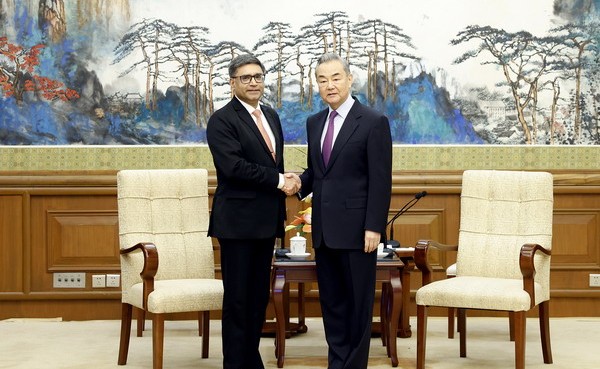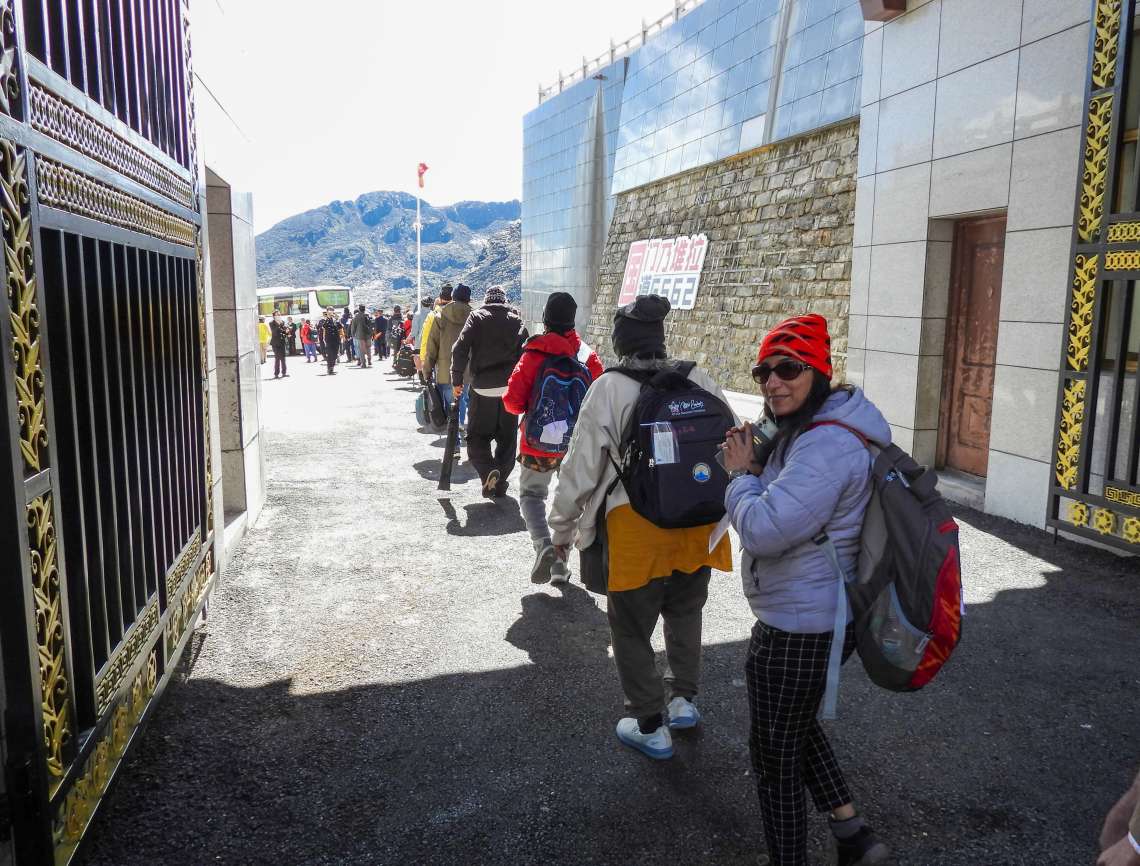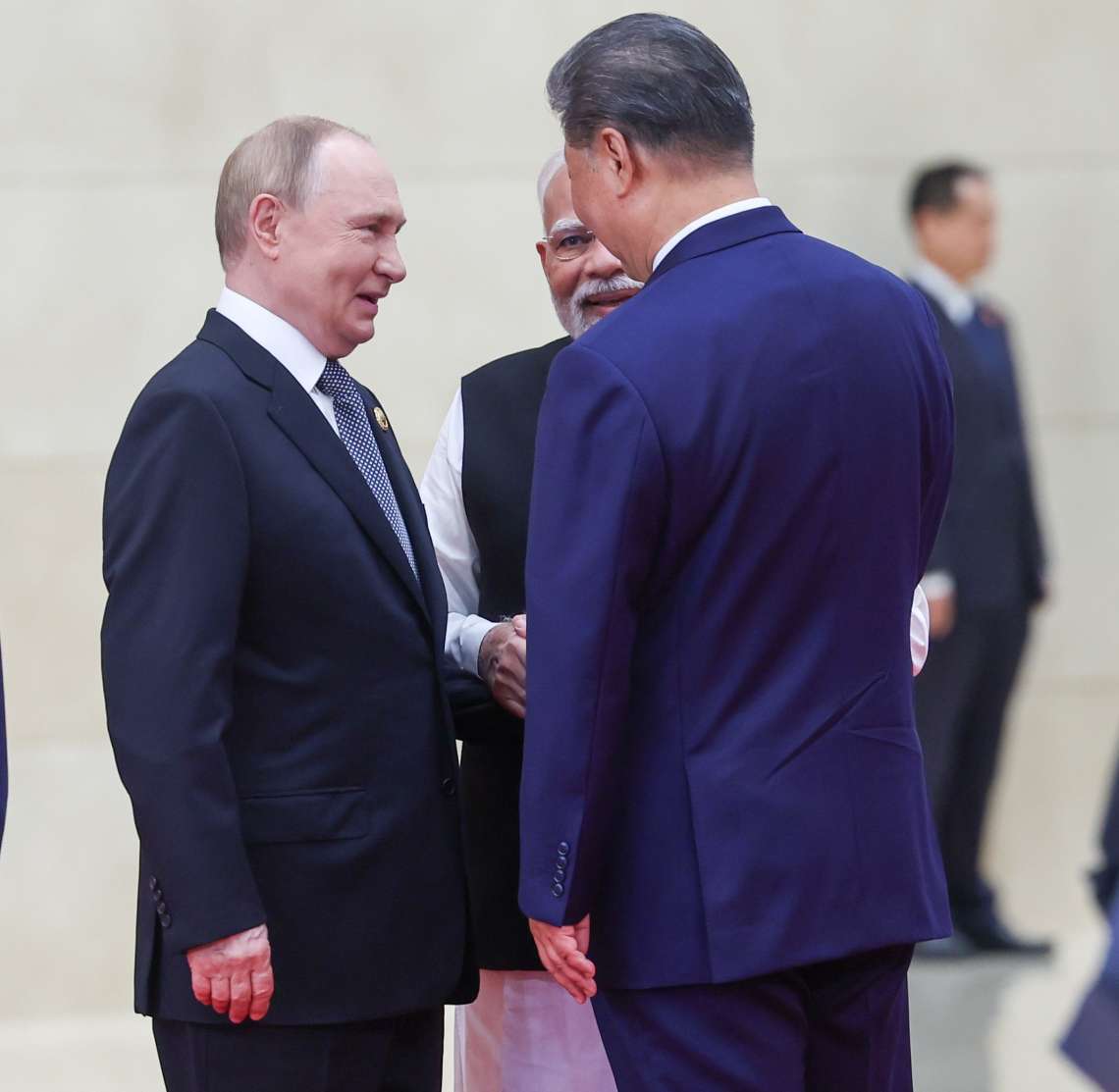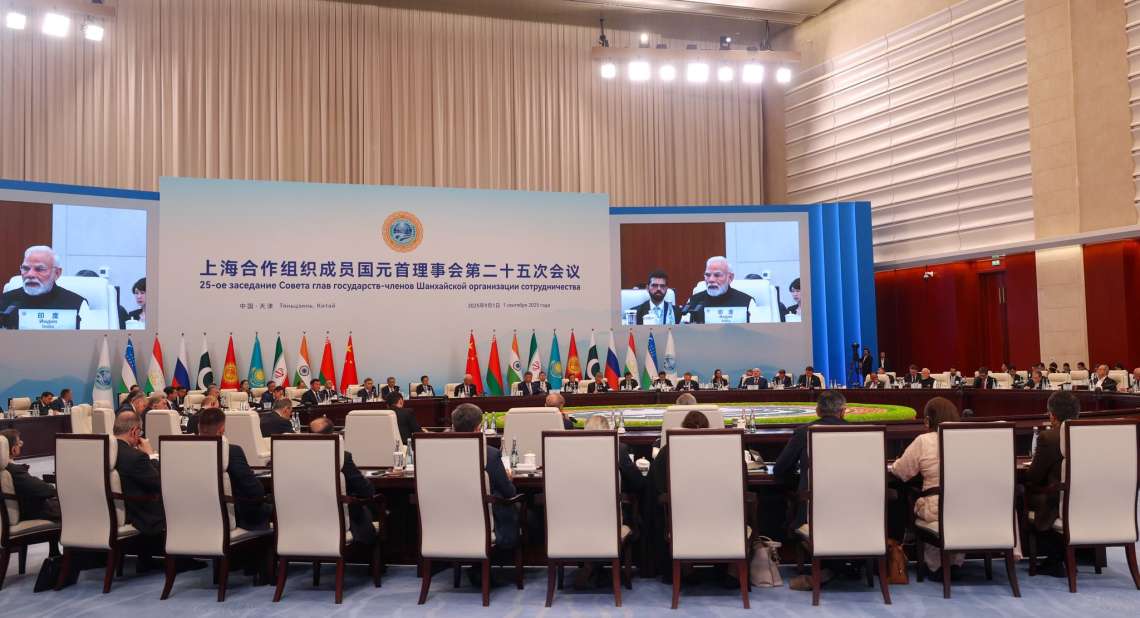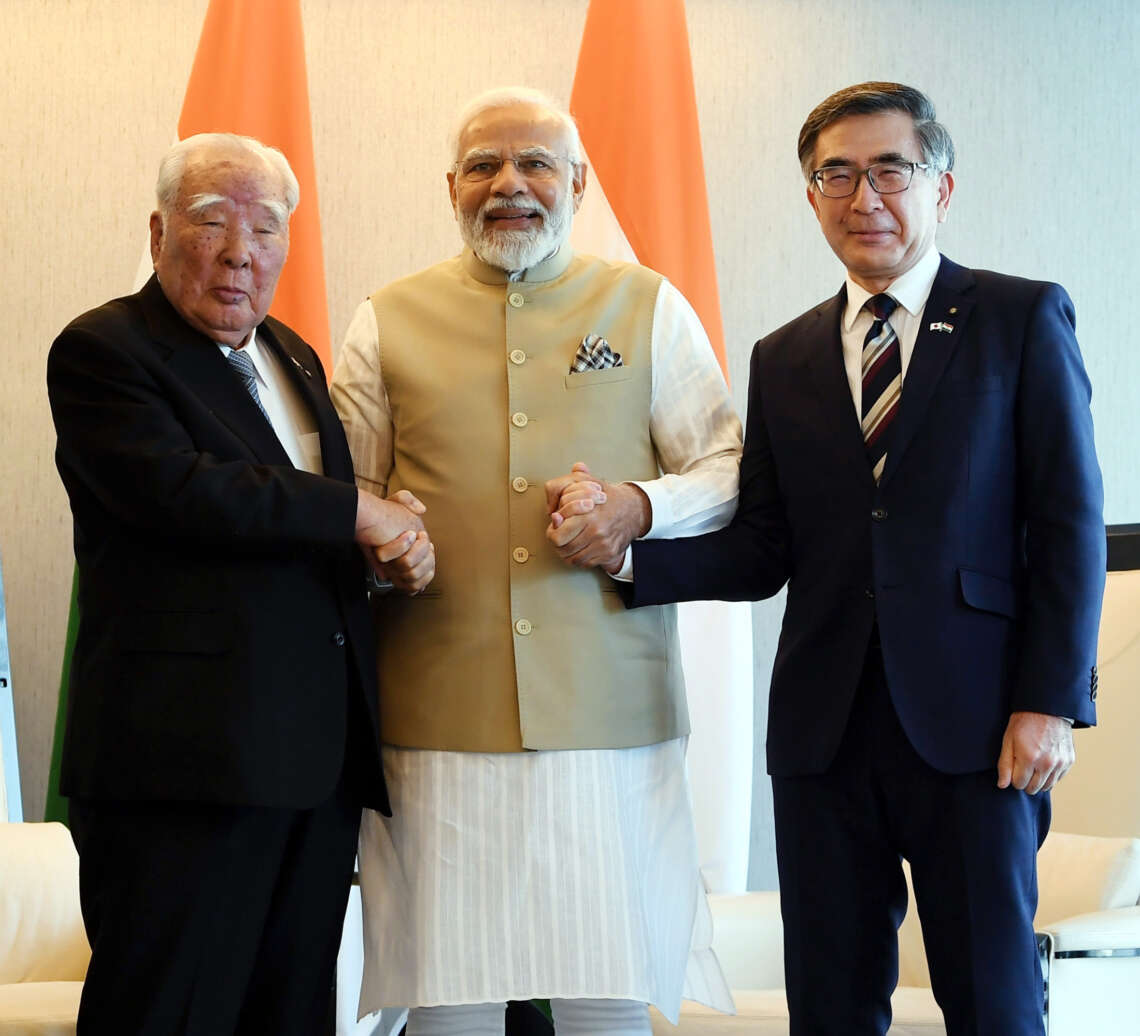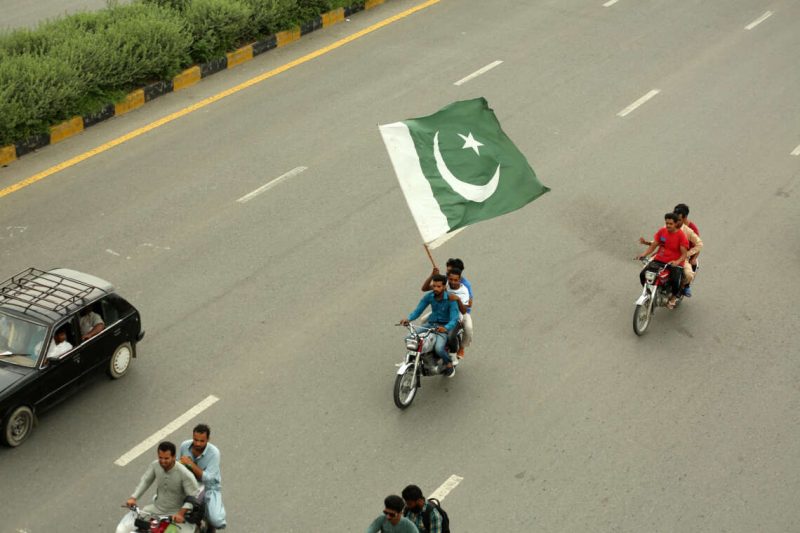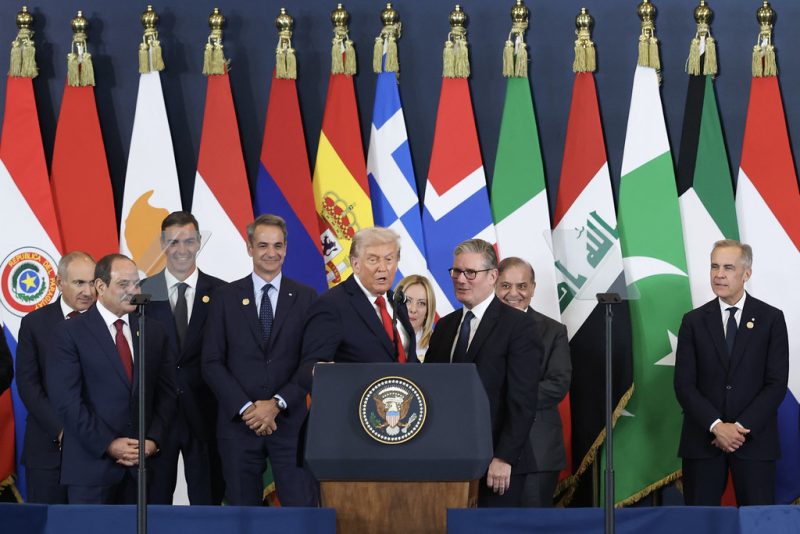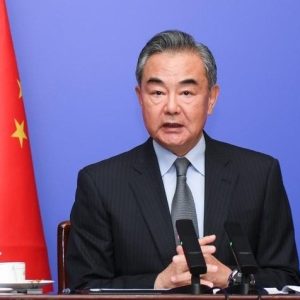Foreign Secretary Vikram Misri and Chinese Foreign Minister Wang Yi meet in Beijing, advancing the consensus from Kazan and exploring ways to enhance India-China relations across various sectors.
India’s Foreign Secretary Vikram Misri visited Beijing on Monday for a key meeting with Chinese Foreign Minister Wang Yi, marking a pivotal moment in the ongoing effort to strengthen India-China relations. Wang Yi emphasised that both countries have diligently implemented the important consensus reached between Prime Minister Narendra Modi and President Xi Jinping during their meeting in Kazan last year.
Wang Yi highlighted the positive interactions at all levels between India and China, stressing the need for further substantive measures to foster mutual understanding and cooperation. He called for both nations to commit to deeper support and collaboration rather than succumbing to mutual suspicion or alienation. According to the Chinese Foreign Ministry’s statement, the improvement in bilateral relations is vital for both nations and beneficial for global peace and prosperity, particularly in the context of the global South.
During the meeting, Misri acknowledged the progress made between the two countries, citing the series of productive dialogues in line with the Kazan consensus. He reiterated India’s commitment to celebrating the 75th anniversary of diplomatic relations with China and expressed full support for China’s chairmanship of the Shanghai Cooperation Organisation (SCO).

Misri’s two-day visit is part of the Foreign Secretary-Vice Minister mechanism, which aims to enhance cooperation between India and China. The Ministry of External Affairs (MEA) confirmed that the resumption of this mechanism stems from the leaders’ agreement to discuss the next steps for India-China relations across political, economic, and people-to-people domains.
In a media briefing, MEA spokesperson Arindam Bagchi shared that Misri would meet his Chinese counterpart to discuss various bilateral issues, including visa policies and air connectivity, as well as the Kailash Mansarovar Yatra. Furthermore, India and China had recently reached an agreement on patrolling arrangements in the Depsang Plains and Demchok, addressing tensions along the Line of Actual Control (LAC) after prior disengagements in eastern Ladakh.
ALSO READ: Osamu Suzuki honoured with Padma Vibhushan


